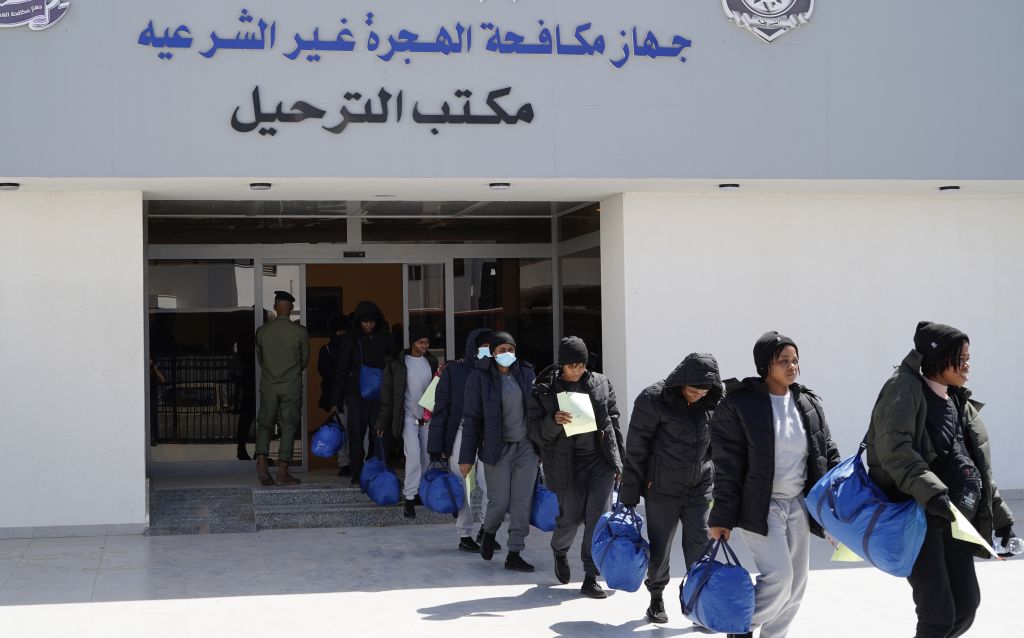L ibya’s recent suspension of 10 international humanitarian organisations has sparked criticism from analysts who view the move as a political distraction from mounting domestic challenges.
The Tripoli-based government announced the bans on Wednesday, targeting groups including the Norwegian Refugee Council, Doctors Without Borders (MSF), and Terre des Hommes. Authorities accused the organisations of attempting to “settle migrants” from other African regions in Libya—claims the groups have strongly denied.
Libya remains a major departure point for migrants attempting perilous journeys across the Mediterranean to Europe. The country has been gripped by instability and division since the 2011 NATO-backed uprising that ousted long-time leader Moamer Kadhafi. Today, it is split between the UN-recognised administration in Tripoli and a rival government in the east backed by military strongman Khalifa Haftar.
A Strategic Distraction?
According to Anas al-Gomati, director of the Sadeq Institute, the crackdown has little to do with humanitarian work and more with deflecting from governance failures.
“The government is manufacturing enemies to mask its inability to provide basic services,” Gomati said. “It’s tapping into conservative fears and redirecting attention.”
Gomati also suggested that the move is strategically timed to extract concessions from Europe, particularly financial and political support, by framing the situation as a migration crisis.
European Connections
On the same day the bans were announced, Italy pledged €20 million to the International Organization for Migration (IOM) to facilitate the “voluntary repatriation” of 3,300 sub-Saharan migrants from Libya, Tunisia, and Algeria.
Gomati believes this was no coincidence, claiming that Libya showcases “sovereignty” through NGO crackdowns while European partners, particularly Italy, maintain the optics of humanitarian assistance—despite dire conditions in detention centers.
Echoes of Tunisia
Jalel Harchaoui, a Libya analyst, drew parallels with Tunisia’s President Kais Saied, who in 2023 blamed sub-Saharan migrants for supposedly threatening the country’s demographic balance.
Harchaoui argued that the Tripoli government, led by Prime Minister Abdulhamid Dbeibah, is resorting to similar scapegoating tactics as it faces increasing fiscal strain and public frustration over corruption and service delivery.
Silencing Watchdogs
Human rights activist Husam el-Gomati, speaking from exile, warned that silencing NGOs could be part of a broader effort to shield armed militias from accountability.
“By sidelining humanitarian groups, the government limits the documentation of abuses and delays potential legal actions against militia leaders,” he said.
Aid organisations have voiced concern for the safety of their Libyan staff and the hundreds of thousands of migrants left more vulnerable in the absence of oversight and support. Libya is home to an estimated 700,000 sub-Saharan African migrants, many of whom face extortion, abuse, and arbitrary detention.
The International Commission of Jurists has condemned the crackdown, highlighting a spike in hate speech, unlawful arrests, and violent attacks. The Libyan government’s vow to deport 100,000 migrants every four months has only intensified alarm among human rights defenders.





0 Comments